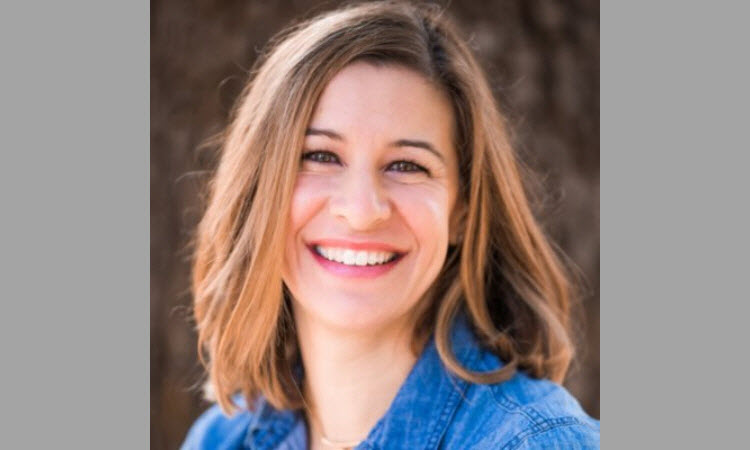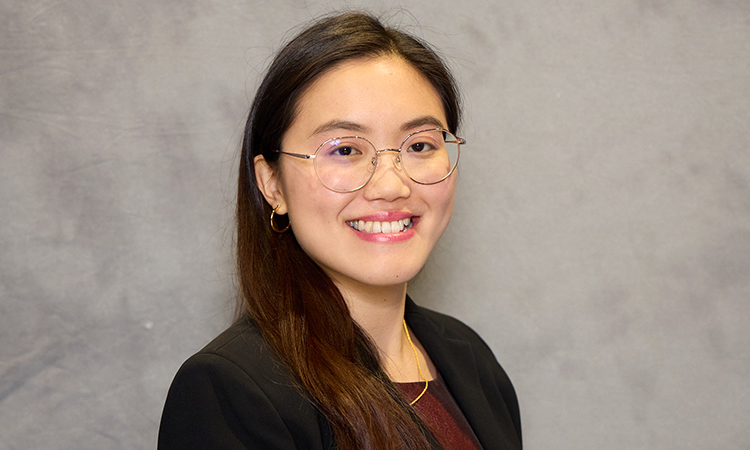In celebration of Women’s History Month, KPSOM is highlighting varied women leaders and physicians working in medicine and STEM-related professions throughout the month. Each woman profiled has forged their own path to a career in medicine and/or STEM. Here, we gather more insight on their personal and professional journeys, influences, and key advice for women and girls interested in medicine and STEM-related professions. In part 5 of our series, we spotlight Lindsay Mazotti, MD, KPSOM Assistant Dean for Clinical Education.
What made you want to become a doctor or enter the field of medicine?
When I was seven years old, I missed a ton of school with recurrent strep throat, eventually requiring my tonsils to be removed. During all those office visits, I observed my doctor (a woman!) Dr. Kim Langley, and her awesome nurse Marie, and became enamored with medicine. I also remember so much about my hospital stay after the tonsillectomy, the kindness of my anesthesia team and the pediatric nurses. Dr. Langley eventually let me volunteer in her office, filing charts and sometimes helping run tests or labs. I was hooked!
Was there a specific person(s) who inspired you to go into a STEM-related industry or to medical school? Was there a specific event that was the catalyst to pursuing a career in medicine or STEM? If so, can you tell me a bit about that?
My grandfather, raised in an Irish immigrant family, was a keenly intelligent man but left formal schooling well before his high school graduation to help provide for his brothers and sisters. He pushed all of his 13 grandchildren academically, though I suspect I was the most inclined towards medicine. He thought dermatology was the way to go (he was probably right), but I know he recognized the spark of interest I had and fanned that flame. He passed away when I was 12, but the seed had been planted. Other than my grandfather, I had a number of teachers who were very inspiring, and I was lucky to have parents [who] were incredibly supportive and encouraging.
Women make up less than 30% of the workforce in STEM. What advice would you share with young women and girls interested in building a career in this area?
There were many times along the way when the road was difficult, and learning was challenging. Getting through the pre-med gauntlet takes a long time and some serious grit and determination. I had a particularly difficult time in the hard sciences (organic chemistry and physics) in college that were required for pre-med coursework. I found them grueling, insanely competitive, and frankly, tedious. I would advise people to find other ways to take those courses so they can succeed. For me, that meant taking in a smaller setting in summer, with more independent learning and the ability to knock out a painful year of courses in a dense 10- week class. I also tell people that there are many ways to get to medicine, whether through community college or post-baccalaureate programs. It is not one-size-fits-all and if you have a passion for another major or course of study, explore that! You’ll never get that chance again. The third piece of advice I would give is to find mentors. Many of our KP regions offer formal pipeline programs for aspiring medical students from high school through college. Look around for one near you. Your doctor can also serve as a mentor if they are willing. Last, don’t let the boys drown you out! Speak up, use your voice. Women are natural, collaborative leaders - we need more of them!
What is your personal mission as a physician or a leader in medicine?
I love medicine, even when the days are long, even in this pandemic. My mission lies in helping grow and develop physicians, whether medical students, residents, or practicing colleagues. Helping envision and build the Kaiser Permanente Bernard J. Tyson School of Medicine and leading our residency programs lets me be both a doctor and an educator and perfectly aligns my passion for both.



